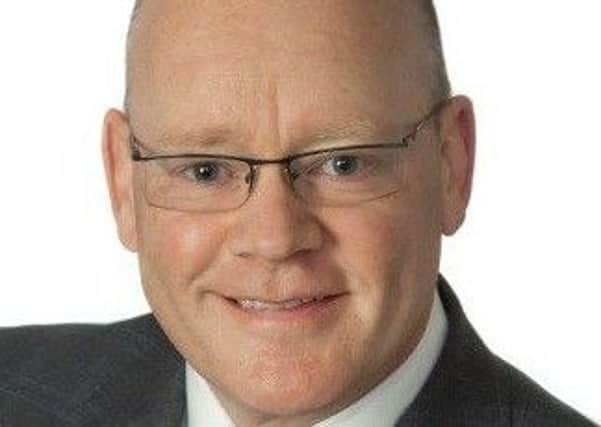Graham Boyack: Go-betweens can make a huge difference '“ and also save money


Because mediation is not normally a high-profile activity, I often stumble across new uses for the skills involved, or I find a presentation which not only has the idea, but one that has been taken, worked on, and developed into a practical application that not only works, but has the potential to be used by others.
It was the latter that I was presented with when I attended the Scottish Community Mediation Network meeting in Greenock hosted by Inverclyde Council late last year.
Advertisement
Hide AdAdvertisement
Hide AdInverclyde has had a community mediation service for many years and recently the mediators have been working in other areas of the council.
The one highlighted in the presentation was with environmental services, which deals with a wide range of issues including housing disrepair, pest control and refuse.
Around housing repair, the council will get involved where work needs done to buildings and hasn’t been carried out by the owners, often in the case of business and tenements, where there can be multiple owners.
The usual approach had been to inspect the premises and serve a notice to the owners/tenants. If not complied with, this could result in court action and maybe a fine, which is not always straightforward to collect.
Often, to get things moving, the council would get the owners together but meetings didn’t always go well, with people shouting, people being nervous – and if things didn’t go well, it somehow became the council’s problem.
Through discussion it was felt that using the council’s mediators might help things and so it was decided to let the mediators host the meetings with support from their colleagues.
What the mediators brought to the meeting included a structure, the opportunity for people to have their say, and from the chair, techniques to ensure that people were heard and that they felt they had been heard. Critically, for the success of the meetings, the dynamic changed by the introduction of the mediators. As they didn’t have a personal stake in the outcome they were able to be more creative and pose some simple questions such as ‘what do you want to happen and how can we help you?’
The meetings so far have had considerable success, one of the main ones being that the owners and tenants have taken more responsibility for solving the issues to be addressed and feel more empowered to do so.
Advertisement
Hide AdAdvertisement
Hide AdDespite the mediators being council employees, they have been accepted as being independent. Owners and tenants have described their independence as an important factor in building trust amongst everyone. A crucial part of the process has been checking that everyone is happy – the agreements made as a group dynamic can mean people accepting something because they feel they must through group pressure.
For the mediators there have also been some differences. Normally mediators would not make suggestions about how things can be resolved. However, in these meetings they have done so and with success. They have also been comfortable with not everyone speaking if they don’t want to and they have put time limits on meetings to ensure that the process gets moving.
Because of the meetings, there have been less referrals to court, time saved by the environmental officers and some are now adopting their own use of mediation skills having seen how they work. It strikes me that this sort of work represents exactly the sort of approach identified by the Christie Commission a number of years ago.
There is preventative spend to prevent the negative outcome of work not being carried out and the resulting court action and unpaid fines; there is collaboration between council departments integrating service provision in an innovative way; there is also empowerment of individuals by involving them in the design of service delivery using mediated discussion.
I can see why the approach used by Inverclyde could be particularly important when there are scarce resources, as there are now. However, it strikes me as a good use of resources in the widest sense and I am looking forward to the next discovery.
Graham Boyack, director, Scottish Mediation.